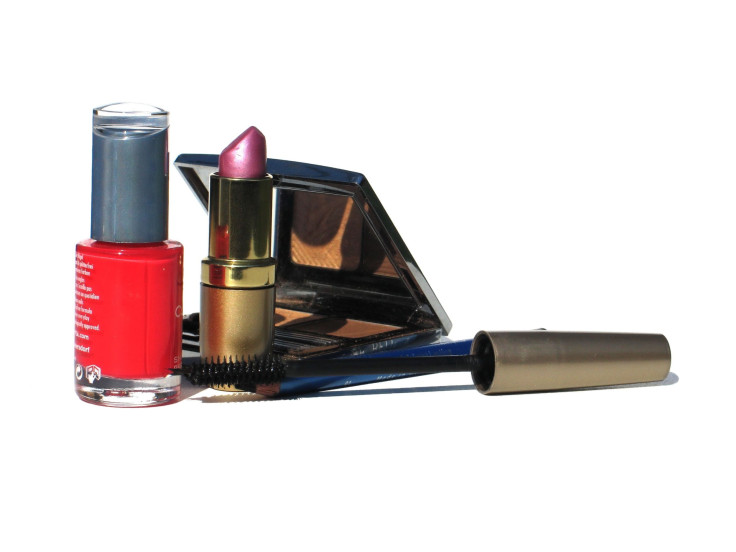
Women's cosmetics products are part of a multi-billion dollar industry, so it's hardly a surprise to learn that the average woman spends $15,000 on makeup in her lifetime. According to a MintLife Infographic on cosmetics and usage, 85 percent of the consumer based of the $382 billion industry is women. What's more, four in five women wear makeup, the average woman spends 20 minutes a day applying makeup and women, on average, shop for cosmetics five times a year. But perhaps the most interesting finding is that 50 percent of American women believe that wearing makeup gives them a leg up in the work force. And if you think it's just the confidence boost that makes women think that way, think again!
A recent study, published on PLoS ONE, researchers looked into the instant judgements that are made when women wear a full face of makeup, no makeup and in between. The subjects of the study were given 25 pictures of men and women who were bare-faced, sporting minimal makeup, moderate makeup and with dramatic makeup. The subjects were then asked to rate each picture on various criterions, including: attractiveness, competence, likability and trustworthiness. And the findings were interesting, to say the least. The study found that those who wore more "natural" makeup are deemed to be more trustworthy and those who wore more makeup were seen as powerful and confident. Those who wore makeup were also veiwed as more attractive and competent but natural faces were rated hire for likeability and trust.
It's important to note that this study may not be 100 percent reflective of how people think and ultimately who you are is far more important than what you put on your face. That said, psychologists tend to agree that first impressions are crucial and they do count. For instance, a 2009 study in Personality and Social Psychology Bulletin found that many variables (from clothing style to posture) factor in to how an impression is formed. Another 2011 study in the journal Social Influence found that a handshake can give off an impression that you're passive or too assertive. "You don't get a second chance to make a first impression," says James Uleman, PhD, a psychology professor at New York University and researcher on impression management, to the American Psychological Association. "In spite of the congeniality of many professional gatherings, judgments are being made and impressions formed all the time."
© 2025 Latin Times. All rights reserved. Do not reproduce without permission.





